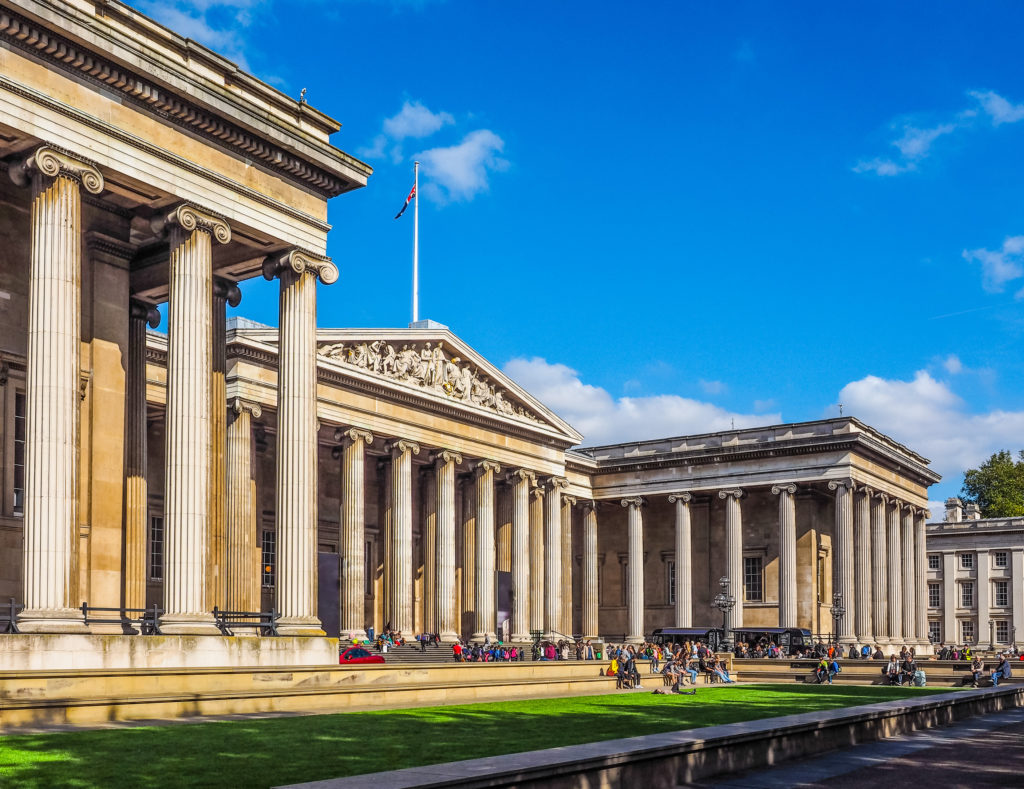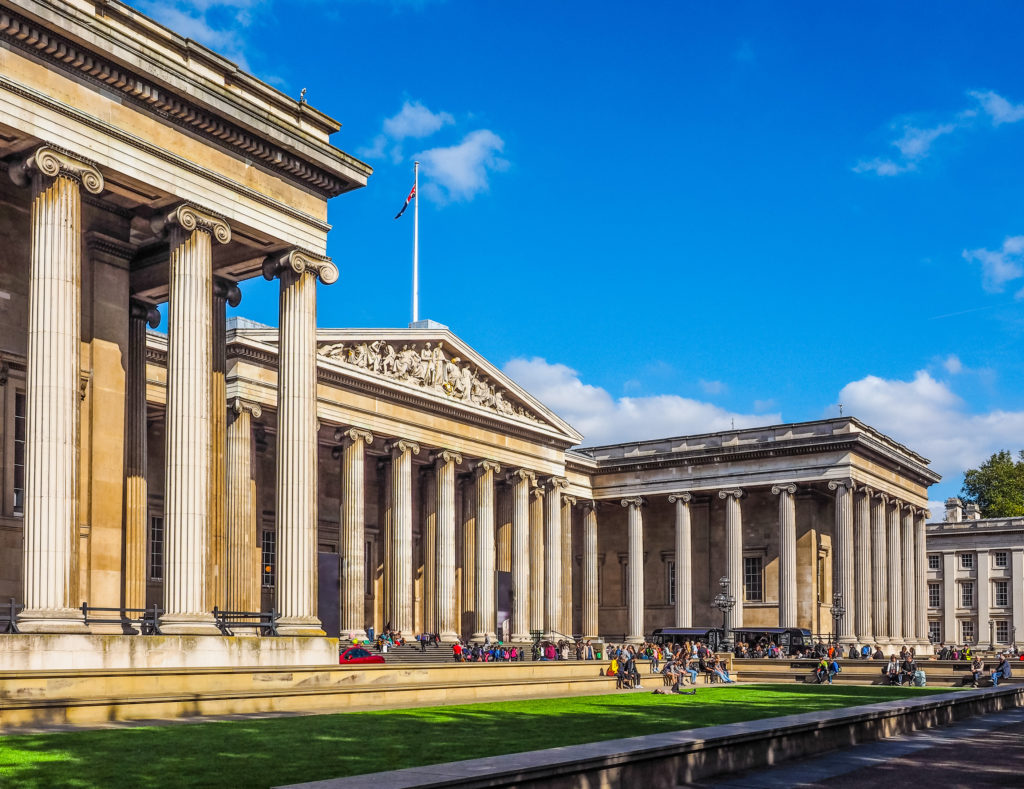[ad_1]

The British Museum.
CLAUDIO DIVIZIA/SHUTTERSTOCK
Ahdaf Soueif, the author of the bestselling novel The Map of Love and other books, has left the British Museum’s board of trustees. In a blog published with the London Review of Books today, Soueif explained that her resignation “was not in protest at a single issue,” but rather “a cumulative response to the museum’s immovability on issues of critical concern to the people who should be its core constituency: the young and the less privileged.”
Soueif writes that cultural institutions have a moral responsibility “in the way they position themselves in relation to ethical and political questions” in the face of widening wealth gaps, threats to democracy, human rights violations, and climate catastrophes around the world.
Of the museum’s relationship with the oil giant BP, which is one of its funders, she notes, “It was an education for me how little it seems to trouble anyone” on the board. Soueif also discusses how BP’s presence at the British Museum could impact some of its youngest visitors, arguing that they “are now living in existential dread of climate change.”
She goes on to say that her attempt to push back against the British Museum’s treatment of its contractual arrangement with janitorial staff was “shut down.”
She also details the institution’s silence on issues of repatriation, pointing to the ways in which it is “in a unique position to lead a conversation about the relationship of South to North, about common ground and human legacies and the bonds of history.”
Soueif’s resignation comes just days after Hartwig Fischer, the director of the British Museum, said that the institution would not cut ties with BP, whose “support is vital to [the museum’s] mission.” He revealed that BP will sponsor the upcoming exhibition “Troy, Myth and Reality,” which opens in November.
In a statement, Richard Lambert, chair of the British Museum’s board of trustees, said, “The Trustees regret Ahdaf Soueif’s decision to step down from the Board on which she has been a much valued voice since 2012. Ahdaf has made a significant contribution to the Board in all its endeavours and discussions, and has played a crucial role in deepening the British Museum’s engagement with Egypt and the wider Middle East, and with audiences and partners throughout the world.”
[ad_2]
Source link

